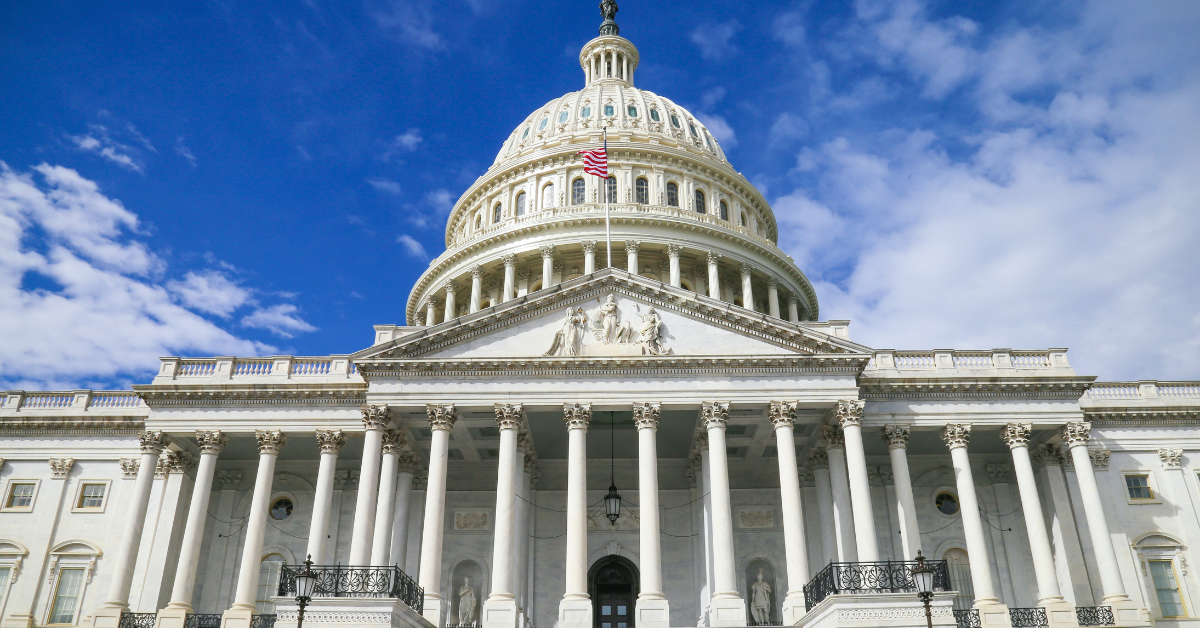
Mar 24, 2023 12:19:44 PM
A fast-tracked, Republican-backed, federal Parents Bill of Rights is scheduled to go to the House floor today. At first glance, the bill seems innocuous. But it is the latest salvo in a culture war with deeper historical roots than many people realize.
The Parents Bill of Rights would allow parents and the public to see budgets, curriculum and reading materials online, and requires parents to be notified about violent incidents and medical exams at school. In addition, the bill requires parents be given the opportunity to meet with teachers for twice-yearly conferences and to speak at school board meetings.
The bill’s sponsor, Rep. Julia Letlow (R-LA), has publicly acknowledged that parents already have many of the rights her bill outlines. So, why is this being fast-tracked for a vote?
It is the federal complement to the state-level, culture-war push on parental rights. Last year, 85 bills were introduced in 26 states, as reported by the nonpartisan education think tank FutureEd. About half a dozen were enacted. These laws are intended to create more space for right-wing groups like Moms for Liberty to push their agenda: book bans and restrictions on discussions of race, gender and even accurate history in schools.
This isn’t the first time we’ve seen such a push to censor the classroom. And, it’s worth noting that white women have been especially adept—–both historically and currently—–at wielding their identity as mothers to push a narrow, inaccurate curricular agenda. It’s no surprise that the GOP chose to put Letlow, a telegenic white mom from Louisiana, in the spotlight to lead the charge on this made-up issue.
Letlow may or may not realize this, but her efforts and those of other contemporary white women to push a narrow vision of parental rights have deep historical roots.
Consider the early 20th century’s Margaret Robinson. Robinson, a conservative anti-suffragist living in Massachusetts, led a campaign to purge so-called anti-patriotic material from the nation’s textbooks. Robinson’s definition of anti-patriotic material included “radical propaganda” she thought was corrupting female college students, such as reading Freud and Marx.
There’s no doubt Robinson would be equally comfortable with today’s warriors against so-called “woke gender ideology,” who are really making schools less safe for LGBTQ students and teachers.
Perhaps the best known of their efforts is Florida’s “Don’t Say Gay” law, which bans discussion of sexual orientation or gender identity in primary-grade classrooms. The law has been cited as a reason to challenge books about same-sex families in schools.
Other laws, including in Florida, limit how teachers can discuss the history of such hot-button topics as the enslavement of Africans in the Americas, Reconstruction and the civil rights movement.
Whitewashing history in this manner would have appealed to Mildred Lewis Rutherford, a Georgia educator who lived through the Civil War and spent the rest of her life rewriting its story. She tirelessly promoted the “Lost Cause” version of Civil War history through textbook censorship. Rutherford argued that children were at risk if they were exposed to anything but a story of noble Southerners fighting for states’ rights and defending themselves against Northern aggression.
Today’s calls for a whitewashed curriculum that omits Black, Brown and LGBTQ people are not sudden or accidental. They’re history repeating itself, as historians, journalists and educators observed in our recent multimedia overview, “Jane Crow: Then and Now.”
Meanwhile, as reported in polling by the National Parents Union, the vast majority of today’s public school parents are focused on school safety and student mental health.
Rather than adopt an unnecessary bill that will promote further division and distract from the pressing needs of young people after prolonged school closures and the other ill effects of the pandemic, Congress should turn its attention to ensuring states and districts are investing their pandemic recovery resources where they are needed most: supporting student recovery, academically and emotionally.
Maureen Kelleher is Editorial Director at Future Ed. She was formerly Editorial Partner at Ed Post and is a veteran education reporter, a former high school English teacher, and also the proud mom of an elementary student in Chicago Public Schools. Her work has been published across the education world, from Education Week to the Center for American Progress. Between 1998 and 2006 she was an associate editor at Catalyst Chicago, the go-to magazine covering Chicago’s public schools. There, her reporting won awards from the Annie E. Casey Foundation, the International Reading Association and the Society for Professional Journalists.
Few issues in education spark more tension and debate than standardized testing. Are they a tool for equity or a burden on students? A necessary check on school systems or a flawed measure of...
Charter schools are public schools with a purpose. Operating independently from traditional school districts, they're tuition-free, open to all students, and publicly funded—but with more flexibility...
Despite the benefits of a diverse teaching force, prospective teachers of color fall out of our leaky preparation pipeline at every stage: preparation, hiring, induction, and retention. Here’s what...
Ed Post is the flagship website platform of brightbeam, a 501(c3) network of education activists and influencers demanding a better education and a brighter future for every child.
© 2020-2025 brightbeam. All rights reserved.
Leave a Comment